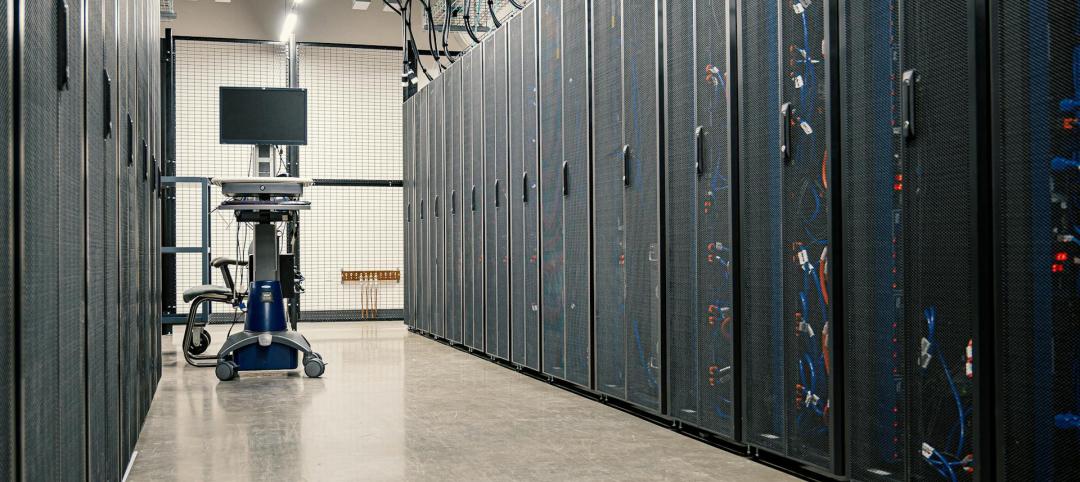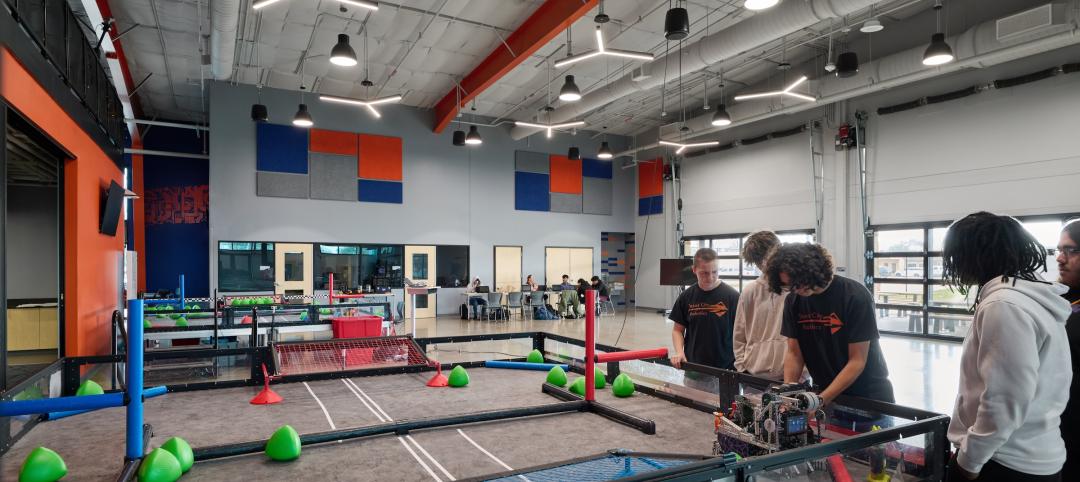“Even a dead cat will bounce if it’s dropped from a high enough altitude,” says an old Wall Street adage. Major economic signals reveal the office building industry is experiencing “a dead cat bounce.”
Sale prices for office buildings enjoyed a moderate bounce to the upside, following the financial crisis of 2007 - 2008. However, the recession and its legacy have vaporized an estimated 275 to 550 million square feet of demand for U.S. office space. While the carnage in the labor market has been slow to influence the office market, the aftershock is beginning to be felt across the country as tenants shed surplus office space.
This assessment comes from B. Alan Whitson, RPA, President of Corporate Realty, Design & Management Institute, and Chair of the Model Green Lease Task Force in a multipart series Office Buildings: The Dead Cat Bounce. In Part One of this series, Whitson zeroes in on changes in the labor market, how it affects demand for office space, and five trends to watch.
“Most pundits have been tracking ‘new unemployment claims’ as their indicator of choice,” says Whitson. “While this worked in past recessions, this time the key is the number of job openings. Before the recession, we averaged 4 million job openings a month. Since the recession ended, job openings have averaged 2.7 million a month. In contrast, layoffs are running 2.1 million a month slightly below the prerecession average of 2.3 million a month. With the economy short 1.3 million job openings every month, a major shake out in the office building market is occurring.”
Five trends to watch from Office Buildings: The Dead Cat Bounce - Part One:
1. Tenants are taking less space, signing short-term leases, and spending less on tenant improvements
2. At 17% vacancy nationwide, tenants are becoming more selective about the space and buildings they lease. Yet, landlords have the upper hand in some submarkets. Tenant that are willing to be flexible and creative can make can make great deals on great space
3. Well-informed building owners will get more creative about the product the offer – work environment vs. square feet
4. Look for an “Uber” class of office buildings to emerge, a combination of location, style, technology, and sustainability. Many 60s, 70s, and 80s era buildings have great locations, good architectural bones and maybe more competitive than some of the newer buildings given a smart upgrade to the skin, mechanical and electrical systems
5. While technology allows us to work anywhere, where we work is becoming more important
As the series moves forward, Whitson will address how these and other changes affect the design, construction, and operation of office buildings. The changing relationship between building owners and their tenants, the leases negotiated, and the types of office buildings tenants are seeking. The goal of the series is to identify the pitfalls to avoid and where to profit from the changes in the office- building marketplace. BD+C
Related Stories
Sustainability | Aug 14, 2024
World’s first TRUE Zero Waste for Construction-certified public project delivered in Calif.
The Contra Costa County Administration Building in Martinez, Calif., is the world’s first public project to achieve the zero-waste-focused TRUE Gold certification for construction. The TRUE Certification for Construction program, administered by Green Business Certification Inc. (GBCI), recognizes projects that achieve exceptional levels of waste reduction, reuse, and recycling.
Energy Efficiency | Aug 9, 2024
Artificial intelligence could help reduce energy consumption by as much as 40% by 2050
Artificial intelligence could help U.S. buildings to significantly reduce energy consumption and carbon emissions, according to a paper by researchers at the Lawrence Berkeley National Laboratory.
Sponsored | Healthcare Facilities | Aug 8, 2024
U.S. healthcare building sector trends and innovations for 2024-2025
As new medicines, treatment regimens, and clinical protocols radically alter the medical world, facilities and building environments in which they take form are similarly evolving rapidly. Innovations and trends related to products, materials, assemblies, and building systems for the U.S. healthcare building sector have opened new avenues for better care delivery. Discussions with leading healthcare architecture, engineering, and construction (AEC) firms and owners-operators offer insights into some of the most promising directions. This course is worth 1.0 AIA/HSW learning unit.
Data Centers | Aug 8, 2024
Global edge data center market to cross $300 billion by 2026, says JLL
Technological megatrends, including IoT and generative AI, will require computing power to be closer to data generation and consumption, fueling growth of edge IT infrastructure, according to a new JLL report.
K-12 Schools | Aug 8, 2024
New K-12 STEM center hosts robotics learning, competitions in Houston suburb
A new K-12 STEM Center in a Houston suburb is the venue for robotics learning and competitions along with education about other STEM subjects. An unused storage building was transformed into a lively space for students to immerse themselves in STEM subjects. Located in Texas City, the ISD Marathon STEM and Robotics Center is the first of its kind in the district.
Products and Materials | Aug 8, 2024
EPA issues $160 million in grants for clean manufacturing of steel, other construction materials
The U.S. Environmental Protection Agency will provide 38 grant recipients with nearly $160 million to support efforts to report and reduce climate pollution from the manufacturing of construction materials and products.
University Buildings | Aug 1, 2024
UC Riverside’s student health center provides an environment on par with major medical centers
The University of California, Riverside's new Student Health and Counseling Center (SHCC) provides a holistic approach to wellness for students throughout the UC Riverside campus. Designed by HGA and delivered through a design-build partnership with Turner Construction Company, SHCC provides healthcare offerings in an environment on par with major medical centers.
MFPRO+ News | Aug 1, 2024
Canada tries massive incentive program to spur new multifamily housing construction
Canada has taken the unprecedented step of offering billions in infrastructure funds to communities in return for eliminating single-family housing zoning.
Government Buildings | Aug 1, 2024
One of the country’s first all-electric fire stations will use no outside energy sources
Charlotte, N.C.’s new Fire Station #30 will be one of the country’s first all-electric fire stations, using no outside energy sources other than diesel fuel for one or two of the fire trucks. Multiple energy sources will power the station, including solar roof panels and geothermal wells. The two-story building features three truck bays, two fire poles, dispatch area, contamination room, and gear storage.
Contractors | Aug 1, 2024
Nonresidential construction spending decreased 0.2% in June
National nonresidential construction spending declined 0.2% in June, according to an Associated Builders and Contractors analysis of data published today by the U.S. Census Bureau. On a seasonally adjusted annualized basis, nonresidential spending totaled $1.21 trillion. Nonresidential construction has expanded 5.3% from a year ago.

















